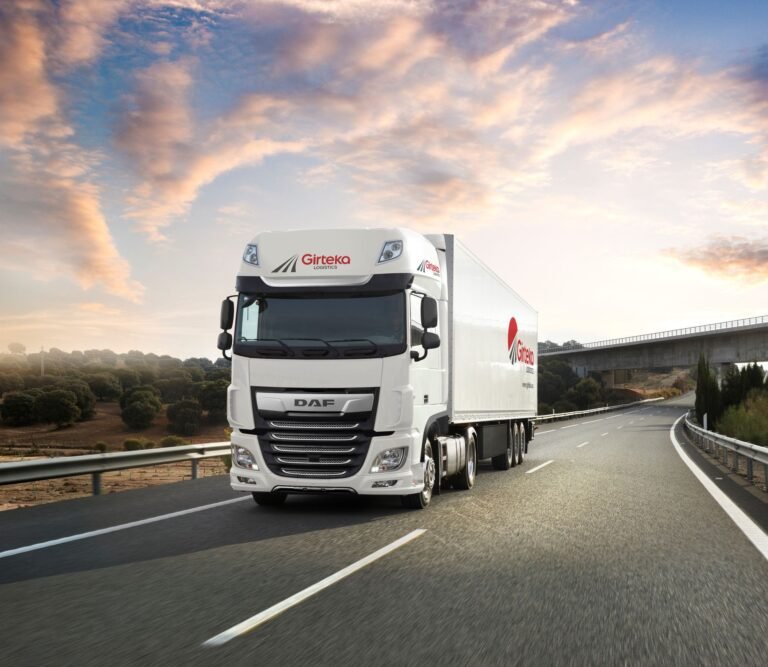With pressure on margins and economic performance, how can the European trucking industry balance its contracted capacity promises?
Improving trucking capacity requires an approach similar to how airline seats, hotel beds and restaurant tables are managed.
The four have one thing in common, which is that their ability is perishable. It must be exploited and sold on a daily basis, and cannot be saved for tomorrow. They all have a business model based on maximum profit.
Does this sound familiar?
You arrive late to check into your hotel only to be told that all the beds are occupied. Even though they pre-book and pre-pay for your room, they then “pick you up” to a nearby hotel. Have you been at the airport, waited patiently at the gate only to be charged $500 to board the next flight because it was overbooked? Have you been to a fancy restaurant with what appears to be many free tables, but are still told that there are none available due to advance reservations?
Adapting to a new way of doing business
As a company, balancing capability and improvement is critical to keeping customers happy and achieving strong financial performance. This is true for airlines, hotels, restaurants, and trucking companies, as all four industries are asset-heavy and typically operate on low profit margins.
During the turmoil of 2020, the business landscape changed. Corporate behavior had to adapt to new standards.
In 2020, there was less appetite to start new airlines, hotels and restaurants. In such customer-centric industries, allowing any customer to be welcomed is a bonus today. We can expect significant changes to these industries and their operating models in the future.
How to maintain operating margins against fluctuations in customer demand
Today, the European trucking industry needs to address its capacity utilization to be able to meet customer expectations and the operating margins required to ensure sustainability.
The typical FTL trucking company is small, operating 50% to 70% of its capacity under annual contracts and the rest in the spot market. Based on annual contracts that are renegotiated year after year, many of which have been extended after brutal negotiations.
Due to the deep fragmentation of the trucking industry, we often see a significant imbalance in bargaining power. For example, a large shipping company has many options, and a smaller trucking company has fewer options.
According to Euro-stat and other sources, we can estimate that at least 15% of truck capacity is unused, but in many cases, this can be up to 30%.
Unused capacity has a significant impact on the prices that shippers (and ultimately consumers) have to pay for transportation. It also has an environmental impact, and unsold capacity puts pressure on the already difficult financial performance of trucking companies.
What are the main challenges that need to be solved in order to reduce unused capacity (empty driving) in Europe?
Digitizing our industry and companies in order to improve route planning and optimize capacity utilisation. Consolidation of large regional companies where more than 1,000 trucks becomes the minimum sustainable size to compete, rather than something as rare as a white unicorn. Create a better balance between contracted obligations and how much is actually achieved
In order to reduce spare capacity, some restaurants began requiring advance payment for table reservations, and airlines for years stopped accepting reservations without full advance payment. Even if a first class seat is fully refundable, you still have to pay upfront and at a very high price.
We all know that booking an airline seat or a hotel bed for free without paying any amount is not a good business. Making a reservation for 20 people at your favorite restaurant and not showing up is not cool.
Balancing actual demand versus expected demand
In 2020 Girteka Logistics will make about 800,000 FTLs. However, our formal contractual obligation to shippers is of a much higher order of magnitude.
To sum it up in a few words – We have a “Great Restaurant” at Girteka Logistics, but we cannot continue to accept “Table Reservations” when there are constant “No Shows”, time after time. The price of food in a restaurant is greatly affected, if we plan for a certain commitment but in the end no one uses it.
Likewise, transportation prices rise unfairly when capacity is overbooked. Most importantly, when a table is left empty, we also have to decline another reservation, and as a result we have spare, unused, non-revenue generating capacity.
Changing the way we do business
The norm in the trucking industry, where a large international shipping company with significant modern forecasting capabilities cannot accurately plan its shipments, is from an old world that should have been abandoned long ago.
In annual tenders, shipping companies typically request capacity exceeding their known requirements by up to 100% and sometimes much higher. During peak periods, they demand that this full capacity be available at any moment, but there is no similar commitment on the part of the shipping company. In weak periods, some shop in spot markets with lower prices.
When someone cancels a table at a restaurant on short notice, we often accept the excuse at face value. Sometimes, it seems that large corporate professional buyers, who have access to detailed forecasting and planning, constantly overestimate their transportation needs in order to squeeze marginal performance from smaller partners.
So, how do you think we can together modernize the way we do business in the industry to the benefit of all trucking companies?
By Mantas Litvinavicius, Chief Operating Officer, Girteka Logistics
mantas.litvinavicius@girteka.eu
Image source: Jertika





